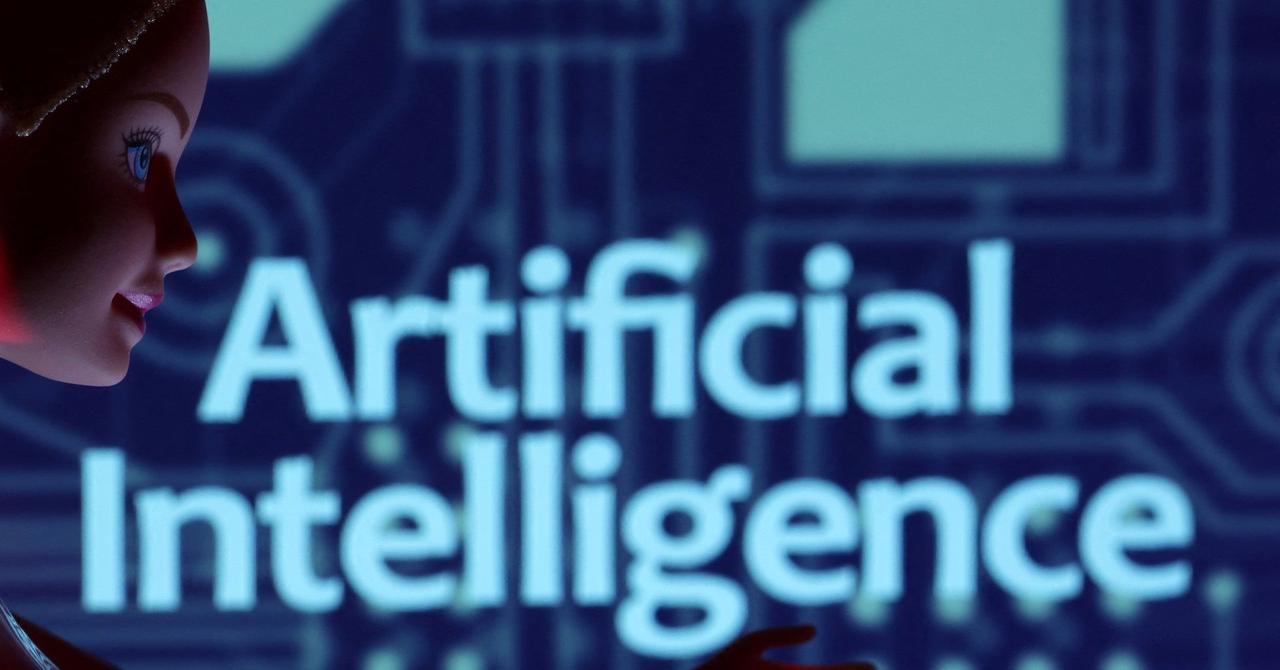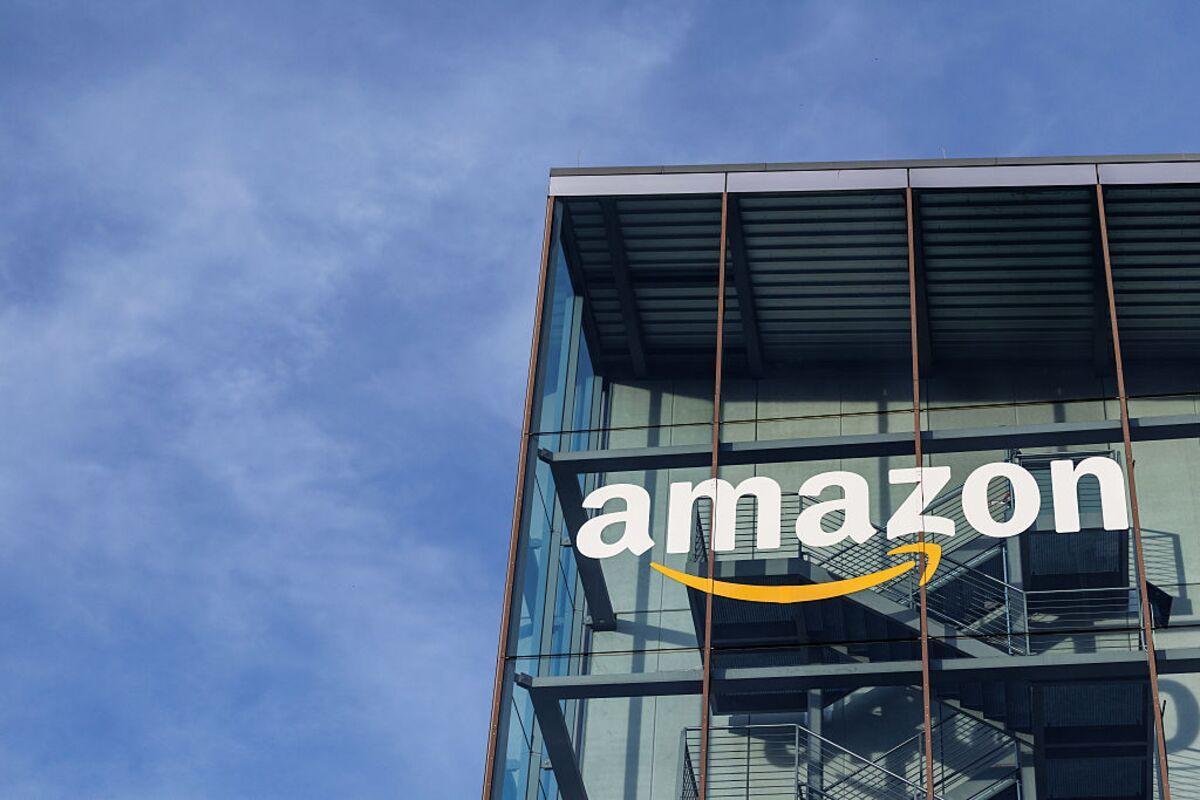AI's Impact on Workplace Productivity: Minimal Effects Despite Rapid Adoption, Study Finds
2 Sources
2 Sources
[1]
AI is storming workplaces -- and barely making a difference, study says
Surely, the billions of dollars invested in AI chatbots will increase productivity and put economic performance into hyperdrive, right? Hold the phone, say researchers at the National Bureau of Economic Research (NBER), a think tank in Cambridge, Massachusetts. "Despite substantial investments [in chatbots], economic impacts remain minimal," they write in a new report. Economists Anders Humlum and Emilie Vestergaard estimate in the report, called "Large Language Models, Small Labor Market Effects," that productivity gains from AI chatbots amounted to a mere 3% in time savings. "AI chatbots have had no significant impact on earnings or recorded hours in any occupation, with confidence intervals ruling out effects larger than 1%," they write. Considering the corporate hype promising revolutionary change in a post-ChatGPT world -- both Shopify and Duolingo announced recently that managers would need to justify hiring humans instead of using AI -- the NBER report lets a lot of air out of the balloon. The researchers collected the majority of their data in Denmark, a country with high AI adoption and detailed record-keeping. They found that AI adoption had yet to lead to massive layoffs, but neither did it deliver considerable financial advantages to either employers or employees. Instead, most of the hype is based on corporate FOMO and a desire to keep up with rivals. The report says that earlier studies focused mostly on areas where the time-saving advantages of AI chatbots were most obvious, like with customer support specialists, who are being replaced en masse. Humlum and Vestergaard looked beyond the obvious and studied 7,000 workplaces that included fields such as law, journalism, bookkeeping, financial advice, and teaching. "Software, writing code, writing marketing tasks, writing job posts for HR professionals -- these are the tasks the AI can speed up," Humlum told Fortune, saying that earlier studies weren't wrong, just incomplete. "In a broader occupational survey, where AI can still be helpful, we see much smaller savings." Employee time freed up by AI was used for other work tasks -- including fixing mistakes created by AI in transcription, or making it difficult for students to use AI to cheat. Earlier this year, 2024 Nobel prize winner Daron Acemoglu predicted that AI adoption will increase the U.S. GDP by only as much as 1.6 percent in the next decade, while productivity would only increase 0.05 percent. "We're still going to have journalists, we're still going to have financial analysts, we're still going to have HR employees," he told MIT Technology Review. "It's going to impact a bunch of office jobs that are about data summary, visual matching, pattern recognition, etc. And those are essentially about 5% of the economy." Acemoglu went on to suggest that "hype is making us invest badly in terms of the technology." "We're using it too much for automation and not enough for providing expertise and information to workers," he said.
[2]
AI is not increasing productivity or leading to job losses, finds a study
A recent study indicates that AI's impact on employee pay and hours has been minimal, despite its rapid adoption. While some companies like CrowdStrike and Duolingo are cutting staff in favor of AI, others, such as Klarna, are bringing back human workers after AI failed to meet expectations in customer service quality.A new study by the National Bureau of Economic Research in Denmark has found that the use of Artificial Intelligence (AI) in workplaces has had a very limited impact on employee pay and work hours. The report, based on data from 25,000 workers across 7,000 offices, shows that while AI is being adopted quickly, it is not transforming productivity or leading to job losses. The research focused on roles that many believe are most at risk from AI -- accountants, customer support specialists, financial advisors, HR professionals, software developers, and teachers. These professions are often seen as likely to be changed or replaced by new AI tools. Economists Anders Humlum and Emilie Vestergaard, who authored the paper, said, "AI chatbots have had no significant impact on earnings or recorded hours in any occupation." On average, workers saved three percent of their time due to AI. But only three to seven percent of these productivity gains resulted in higher pay for them. The study found no evidence of people losing their jobs or of any large rise in productivity due to AI. The authors wrote, "While adoption has been rapid, with firms now heavily invested in unlocking the technological potential, the economic impacts remain small." They added, "Modest productivity gains (average time savings of 3 per cent), combined with weak wage pass-through, help explain these limited labour market effects. Our findings challenge narratives of imminent labor market transformation due to Generative AI." Despite these findings, some companies continue to replace workers with AI. Cybersecurity firm CrowdStrike, which was in the news last year for a global IT outage, recently said it would cut five percent of its workforce and use AI instead. Language learning platform Duolingo also announced that it would "gradually stop using contractors to do work that AI can handle." The company said it had made a similar move in 2012 when it shifted its focus to mobile technology. Swedish fintech company Klarna is preparing to bring back more human workers after depending heavily on artificial intelligence (AI) for customer service tasks. The company had earlier reduced its workforce and automated several functions using AI tools but now says the results were not as expected. Klarna executives admitted that AI customer agents could not match the quality of service delivered by humans. Over the last two years, Klarna worked closely with OpenAI to cut jobs and automate operations. By 2023, it had paused hiring and used AI to handle most customer service functions. This move helped the company save money, including $10 million on marketing. AI systems were used for tasks like translation, content creation, and data analysis. However, Klarna's CEO Sebastian Siemiatkowski later said, "Cost unfortunately seems to have been a too predominant evaluation factor when organising this, what you end up having is lower quality." According to Klarna's IPO filing in March, the total number of full-time employees dropped from 5,527 in December 2022 to 3,422 by the end of 2024. The company said AI was doing the work of around 700 customer service agents. Even in late 2024, Siemiatkowski had said, "AI can already do all the jobs that we, as humans do." But the company's recent shift suggests otherwise. Klarna's move is part of a wider trend in the tech and finance sectors. CrowdStrike, a cybersecurity company, recently said it would cut five percent of its staff and shift some roles to AI. Similarly, Duolingo announced plans to reduce the use of contractors for tasks AI can handle. The language-learning app said it would automate more internal processes and limit new hiring to teams that cannot automate further. Microsoft has also joined this trend. The company laid off about 6,000 workers, or nearly 3% of its global workforce, as it pushes further into AI. Among those let go was Gabriela de Queiroz, Director of AI for Microsoft for Startups. "I was impacted by Microsoft's latest round of layoffs. Am I sad? Absolutely," she wrote on social media. According to Bloomberg, over 40% of the roles cut in Washington state were in software engineering. The company said it was reorganising to simplify management. Despite losing her job, de Queiroz said she stayed a bit longer to finish meetings and say goodbye, writing, "That felt right to me."
Share
Share
Copy Link
A recent study by the National Bureau of Economic Research challenges the hype surrounding AI's impact on workplace productivity, revealing minimal effects on earnings and work hours across various professions.

AI's Limited Impact on Workplace Productivity
A recent study by the National Bureau of Economic Research (NBER) has cast doubt on the widely-held belief that AI chatbots are revolutionizing workplace productivity. The research, conducted by economists Anders Humlum and Emilie Vestergaard, reveals that despite substantial investments in AI technology, its economic impact remains minimal
1
.Key Findings of the NBER Study
The study, titled "Large Language Models, Small Labor Market Effects," estimates that productivity gains from AI chatbots amount to a mere 3% in time savings. Surprisingly, the researchers found no significant impact on earnings or recorded hours in any occupation, with confidence intervals ruling out effects larger than 1%
1
.The research, which collected data primarily from Denmark, a country with high AI adoption and detailed record-keeping, examined 7,000 workplaces across various fields, including law, journalism, bookkeeping, financial advice, and teaching
1
.Contrasting Corporate Hype with Reality
The findings stand in stark contrast to the corporate hype surrounding AI's potential. Companies like Shopify and Duolingo have recently announced that managers would need to justify hiring humans instead of using AI. However, the NBER report suggests that much of this enthusiasm may be driven by corporate FOMO (Fear of Missing Out) and a desire to keep up with competitors rather than tangible benefits
1
.AI Adoption Trends and Job Market Effects
While the study found that AI adoption has not led to massive layoffs, it also revealed that it hasn't delivered considerable financial advantages to either employers or employees. The time freed up by AI was often used for other work tasks, including fixing mistakes created by AI or developing measures to prevent AI-assisted cheating
1
.Related Stories
Mixed Responses from Companies
Despite the study's findings, some companies continue to replace workers with AI. Cybersecurity firm CrowdStrike announced a 5% workforce reduction in favor of AI, while Duolingo plans to gradually stop using contractors for work that AI can handle
2
.Conversely, Swedish fintech company Klarna is preparing to bring back more human workers after heavily relying on AI for customer service tasks. The company admitted that AI customer agents could not match the quality of service delivered by humans, highlighting the limitations of current AI technology in certain roles
2
.Expert Opinions and Future Outlook
Nobel prize winner Daron Acemoglu predicts that AI adoption will increase the U.S. GDP by only 1.6% in the next decade, with productivity increasing by a mere 0.05%. He suggests that the current hype is leading to poor investment decisions, with too much focus on automation and not enough on providing expertise and information to workers
1
.As the debate on AI's impact on the workplace continues, this study provides valuable insights into the current state of AI adoption and its effects on productivity and employment. It underscores the need for a more nuanced understanding of AI's potential and limitations in various professional contexts.
References
Summarized by
Navi
Related Stories
AI Chatbots Show Limited Impact on Jobs and Wages, Danish Study Reveals
30 Apr 2025•Business and Economy

AI's Impact on Jobs: Yale Study Finds No Significant Disruption in US Labor Market
01 Oct 2025•Business and Economy

AI's Impact on the Job Market: More Retraining Than Layoffs, For Now
05 Sept 2025•Business and Economy

Recent Highlights
1
ByteDance Faces Hollywood Backlash After Seedance 2.0 Creates Unauthorized Celebrity Deepfakes
Technology

2
Microsoft AI chief predicts artificial intelligence will automate most white-collar jobs in 18 months
Business and Economy

3
Google reports state-sponsored hackers exploit Gemini AI across all stages of cyberattacks
Technology





